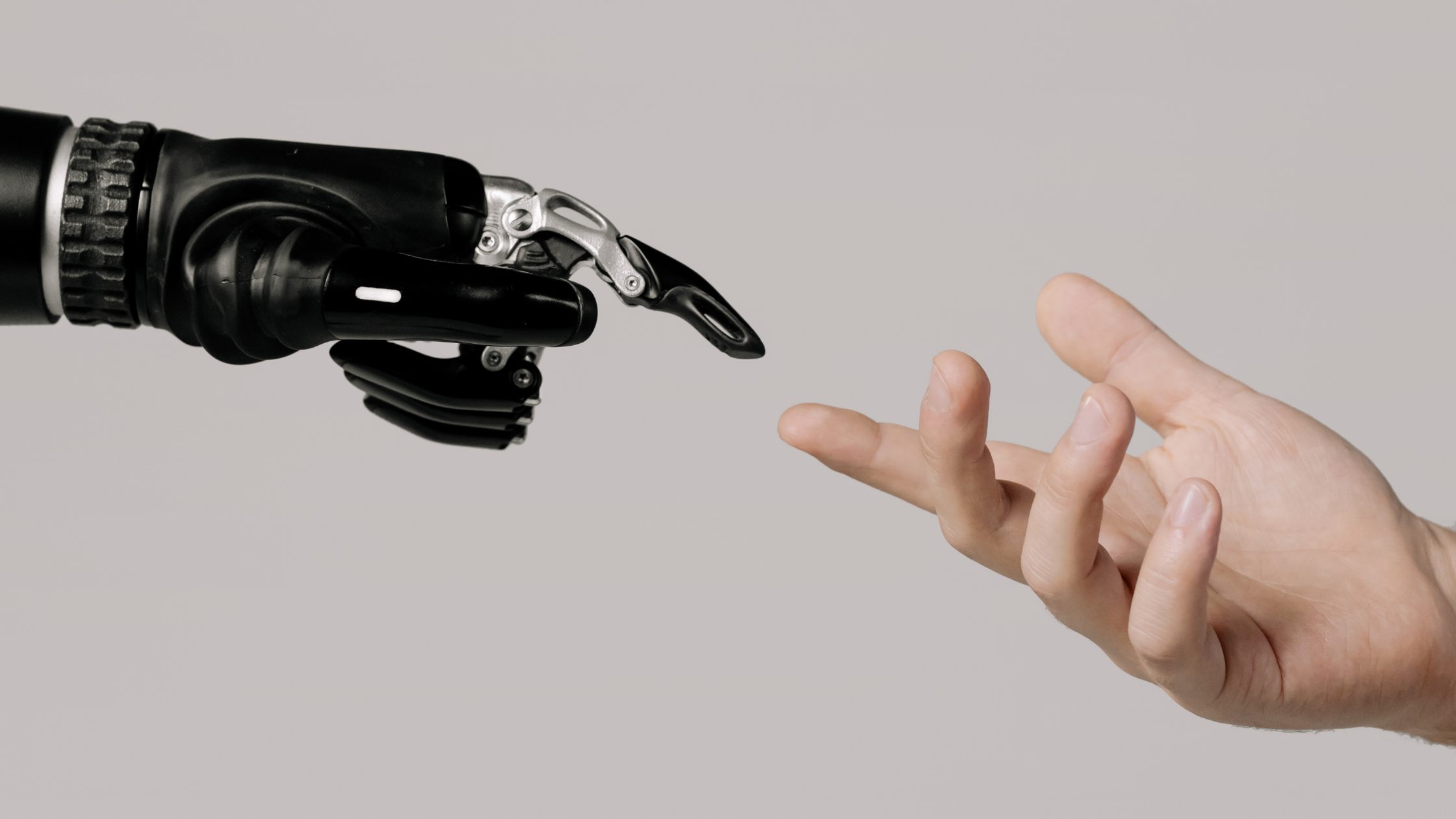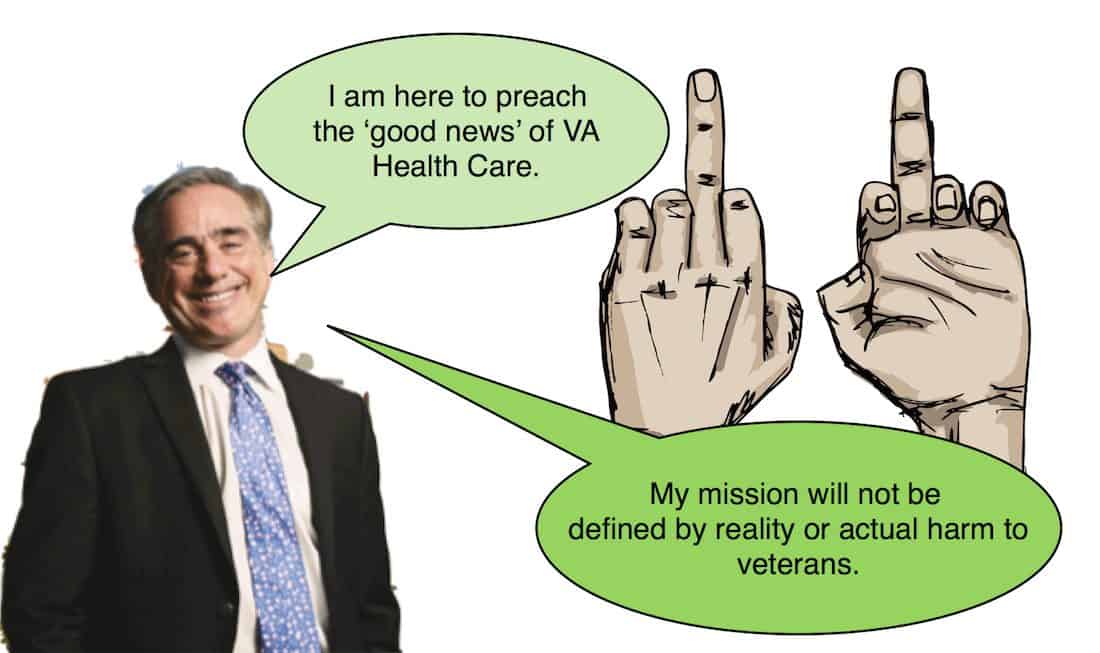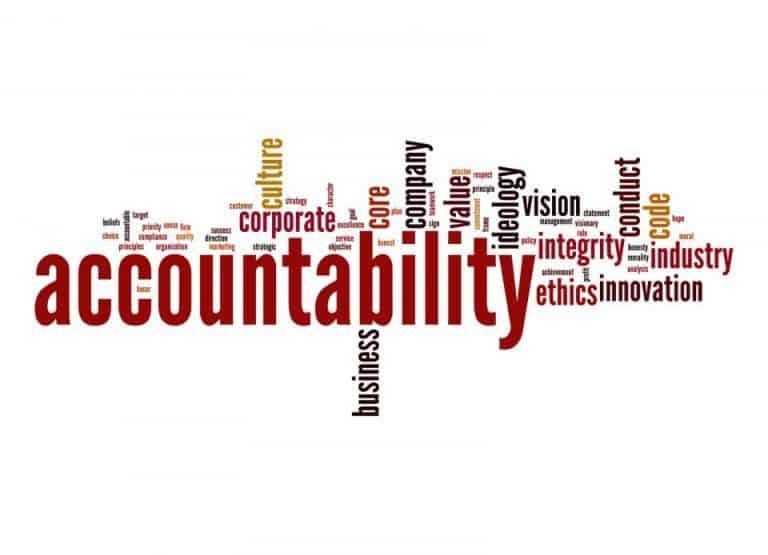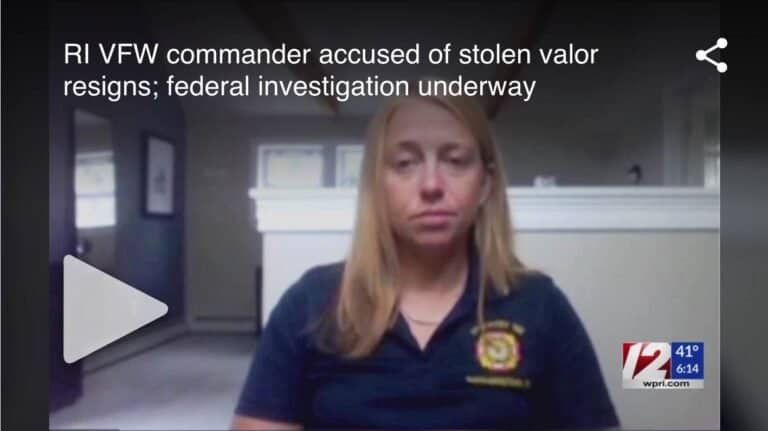Can AI Save Lives? VA’s New Suicide Risk Tool Targets Early Intervention
The Department of Veterans Affairs just took a big leap forward in suicide prevention. The REACH‑VET algorithm — the VA’s AI‑powered suicide‑risk tool — has been updated to be smarter, more inclusive, and more accurate. This isn’t futuristic promise: it’s evolving technology deployed today to connect at‑risk veterans with care sooner.
What’s Changed?
VA officials recently confirmed they have enhanced the REACH‑VET algorithm to better spot early warning signs — especially among veterans previously overlooked. Updates include:
- Expanded risk factors now flagged by AI:
- Military sexual trauma (MST)
- Pregnancy complications, ovarian cysts, infertility
- Intimate partner violence
- Adjusted scoring to reduce past bias — which previously favored divorced white men. Now, the tool is more attuned to the experiences of women and marginalized vets.
Since launching in April 2017, REACH‑VET has flagged over 117,000 high‑risk veterans, helping clinical teams intervene before crises escalate.
Why This Matters for Disabled Veterans
- Proactive care: By identifying risk before a crisis, the VA can initiate mental health outreach — potentially preventing severe events.
- Inclusive protection: Multilayered trauma — like MST and combat-related stress — now counts, meaning more veterans get the attention they deserve.
- Human touch meets tech: AI prompts action, but outreach happens with real people — VA care coordinators and counselors discuss no matter how you identify or serve.
How REACH‑VET Works …
- Monthly scans of VA health‑record data include hundreds of data points.
- Veterans in the top 0.1% risk tier are flagged.
- Local teams reach out — calling, messaging, offering appointments, safety planning, and support.
- Preliminary studies show these interventions link to fewer emergency visits and non-fatal suicide attempts.
Where We Go From Here …
- Expand the net: VA reportedly added models to flag “legal-involved veterans” — a group with high suicide risk.
- Ensure AI fairness: Ongoing evaluation is crucial — especially monitoring for bias across gender, race, and MST experience.
- Support clinicians: With AI’s alerts, staff need resources to respond quickly, thoroughly, and compassionately.
In Their Own Words …
“I can’t believe you called me. How did you know it was the worst time of my life?” ~ A veteran on receiving REACH‑VET outreach.
“We now have data-driven tools — but saving lives still depends on connection, not just detection.” ~ Dr. Ronald Kessler, Harvard School of Health
What You Can Do
- Are you a VA patient? Active engagement helps — if you’re flagged, answer the REACH‑VET outreach line.
- Caregivers should watch: If you notice declines or withdrawal, let your vet’s safety plan coordinator know.
- If you’ve had mental health delays: Raise REACH‑VET updates with your provider — it’s a chance to get connected and understood.
- Spread the word: Let veterans know this tool exists and how it’s improving — awareness can save lives.
Final Thoughts …
AI is smarter, but hope lies in human response. REACH‑VET’s upgrades aren’t a silver bullet — but they do signal one thing loud and clear: The VA is listening more closely. It sees more. It reaches out more. That’s real progress. Because when tech saves time, survivors can save lives.




Ask yourself, if “people” within the VA medical care could not accomplish suicide assistance, but now have computer “geeks” writing code for better medical care for the VA that means that a inanimate computer is now the salvation of the VA and the Veteran. What moron idiot came up with this absurd dehumanization of medical care for Veterans or for anyone. else. As an aside these required massive computer centers that are
being planned to handle this absurd AI functions have a very negative impact on our environment just as has been proven by the solar and wind concoctions that cause more waste and harm than the fossil fuels that are used. Now these behemoth computer centers require on the average day one day over 5 million gallons of water that is chemically condition and cannot be reclaimed, where is this water coming from we have been in a drought for 25 years now worldwide with ground water depleted, reservoirs down to the bottom where is just the water going to come from. VA and AI two useless entities that cause =mopre harm than good
The VA doesn’t discipline those people in there and they never apologize. It’s really an antisocial collective. Biggest pack of insubordinate lunatics you’ll find anywhere in the USA.
Rhett Puder of Charleston SC VA, on pills, mental health problems himself, incompetence and insubordination, Irrationality, compromised IQ, destroyed faith and trust in the USA government, should be jailed for fraud.
Need euthanasia at VA if they aren’t gonna treat pain. It’s more humane than that. Also ECT is a human rights violation. It causes brain damage.
All the VHA would do is train the program to send police directly to your house. We need restoration of rights before we use AI. Hell, healthcare in the USA is still not a right only a luxury service.
Without privacy protections and with the SCOUTS whittling away remedies and FTCA, is it worth your rights to take chances with federal government? Unless it’s an absolute emergency, that would be a big no. By all means roll the dice.
Probably doesn’t help when the VHA will hire some irrational nutcase, and when that becomes apparent, they keep them on board. Never will you hear an apology from these people. This system needs serious overhaul.
Pain medication, no denial of care for medically necessary procedures, and VA employees that actually advocate for people instead of game people saves lives. We need the courts to perform actual checks and balances or people will continue to die from VHA dereliction of duty and Incompetence.